Aarhus-based Wedio helps content creators rent equipment for their productions. The goal is to become the world’s largest community for filmmakers, etc. With 11,000+ members around the world and 70,000+ monthly guests, you have to run fast to reach your goal. After three years on the startup journey, Daniel Sand, co-founder & CEOCEO betyder Chief Executive Officer og er den øverste leder i en virksomhed, ansvarlig for den overordnede strategi og ledelse. CEO’en rapporterer normalt ti... More, shares 6 concrete pieces of advice to other tech entrepreneurs who want to think bigger than “just” Aarhus.
Sponsored: This article is made in collaboration with Wedio.
1) Create an open culture from the start
Startup life is not a bed of roses. You face a lot of challenges and the feeling of insecurity and doubt will constantly strike – and here it is crucial that we have each other’s backs.
By designing an open culture, we try to tackle conflicts before they escalate. That is why Kasper, Morten and I attend a pre-mediation session with two psychologists every month, where we have free rein to share our thoughts with each other – for better or worse.
2) Test before you build
The biggest reason why startups fail is the lack of demand, and it’s a shame when there are methods to test whether people are willing to pay for your product/service – without you having to build the big space rocket. We have proven this several times, most recently with Wedio Subscriptions:
We set up a website through Wix.com, made a quick logo with DesignEvo and created an associated Facebook profile – all in less than two working days. Then we set up Facebook ads, spent a total of DKK 5,000 on getting traffic to the website and measured how many people would actually buy our subscription.
Spending 5 days and DKK 5,000 gave us enough data to prove our hypothesis that Wedio Subscription was a really good idea, and we could now use the resources necessary to actually build and launch the service with peace of mind.
3) The word “user” is prohibited
As Wedio is a community that tries to help people in the physical world through tech, we have deliberately banned the word “User” in the company. I personally think it’s a horrible way to talk about the people you want to help.
I want our employees to always have our members in mind. That is why we refer to our “Visitors” as “Guests”, and our “Users” as “Members”. In this way, we try to humanize our online community in a simple way.
4) Accept the 80% rule
As a startup, you are in a race against time. For tha treason, it is important to constantly work with MVPs (Minimum Viable Product ed.) in the early stages of your entrepreneurial journey.
Of course, there is a limit to how ugly and flawed things can be, but it will often take you twice as long to go from 80 per cent done to 100 per cent done – while the last 20 per cent rarely provide double value for your business.
5) Think beyond the Danish Law of Jante
It can be challenging to communicate global ambitions and dreams of worldwide visions when we come from a city like Aarhus. But it is necessary if you are a tech company.
Tech companies (and to a large extent two-sided marketplaces like Wedio) compete with similar platforms from around the world, and online there are no physical boundaries. In digital marketplaces, there is typically only one global winner in the end: the player who first achieves international networking effects. You do not know two Airbnb’s, do you?
6) 15-hour workdays are bullshit
Yes, there are days and weekends where we have to give something extra – Wedio is not going to become the world’s largest community for creators while we sleep. But personally, I do not believe that you as an entrepreneur should work around the clock for several years in a row.
In startups, quick decisions often have to be made, and you are best placed to do so if you have the energy to think clearly. Therefore, we must prioritize leisure activities that give us energy – right now I am building a Tiny House with my girlfriend, for example. I’m not saying you should do the same, but in my opinion, it’s incredibly important to build a culture in the company where it’s okay to prioritize the activities that give the team energy – whether it’s yoga, cooking, trekking, or something fourth.



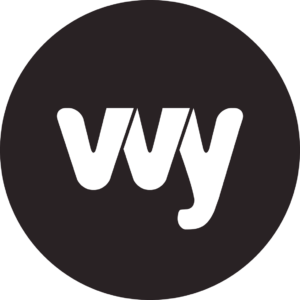
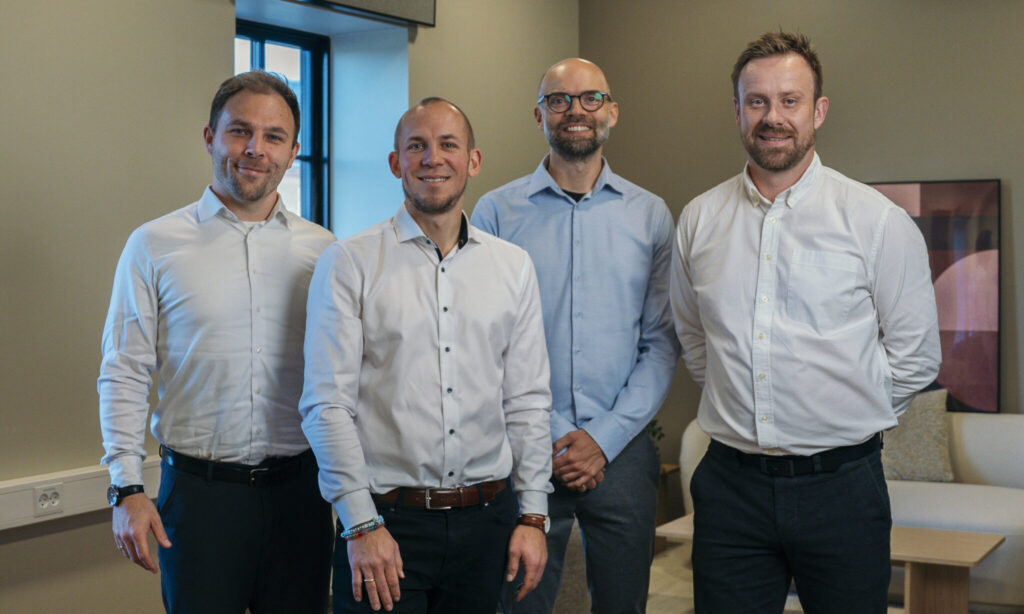
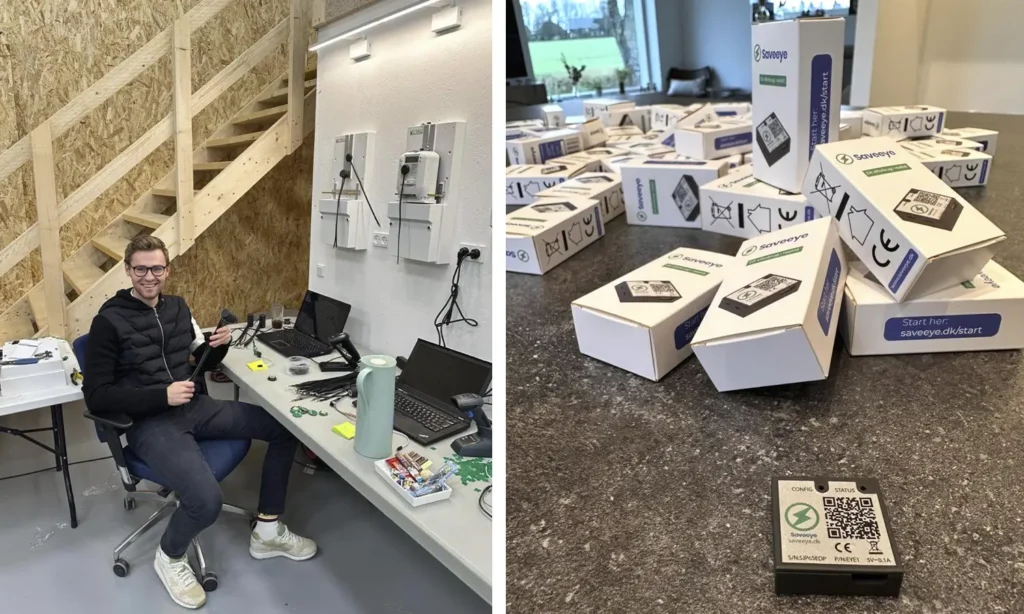
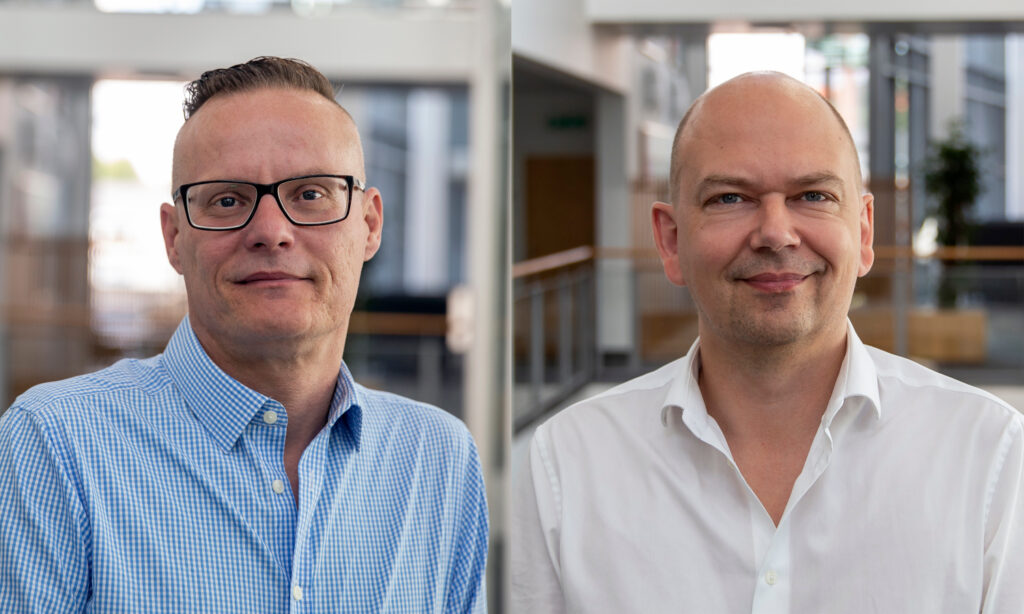

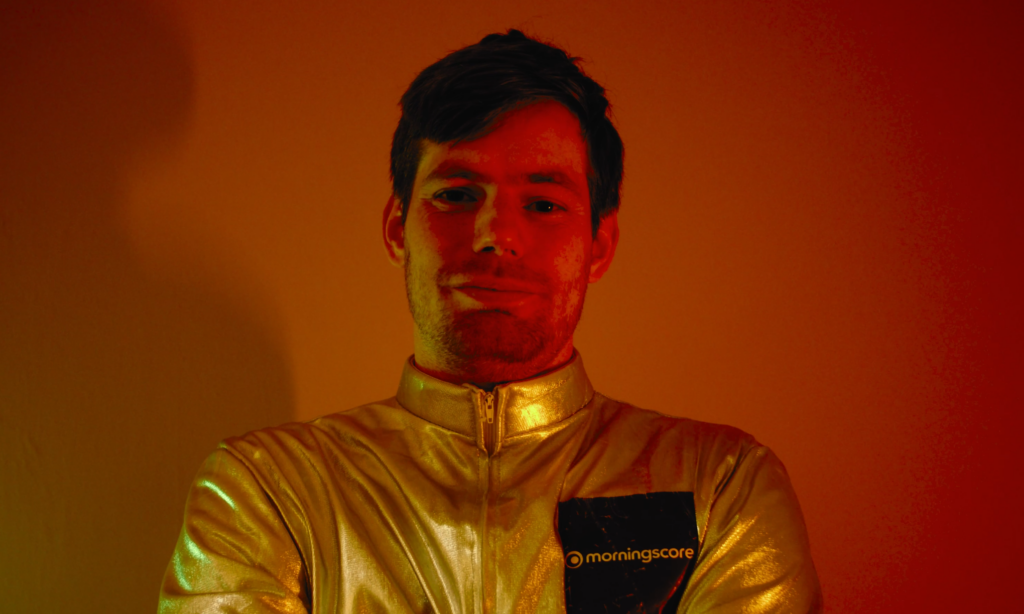
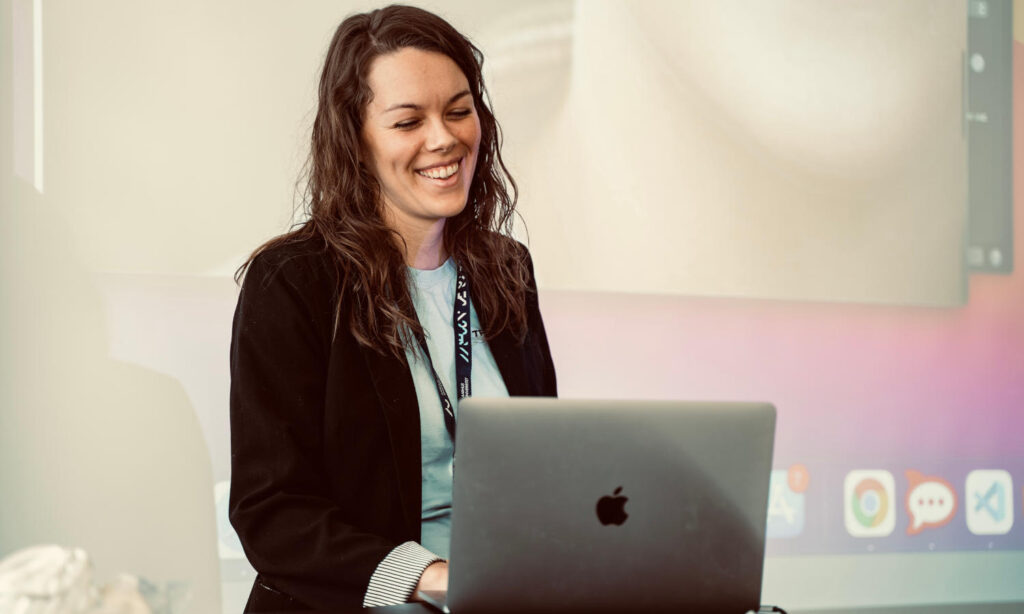


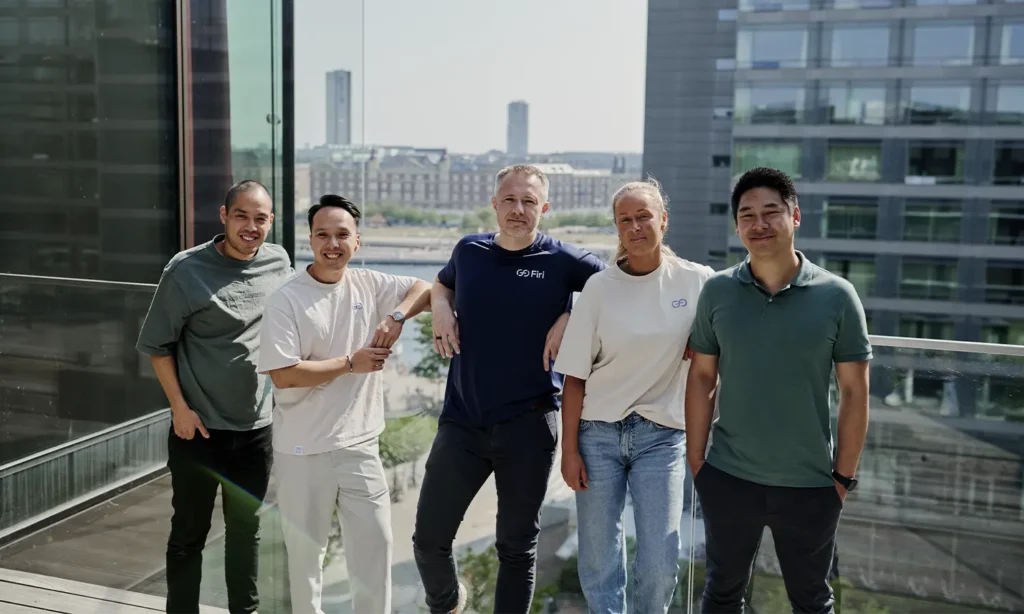
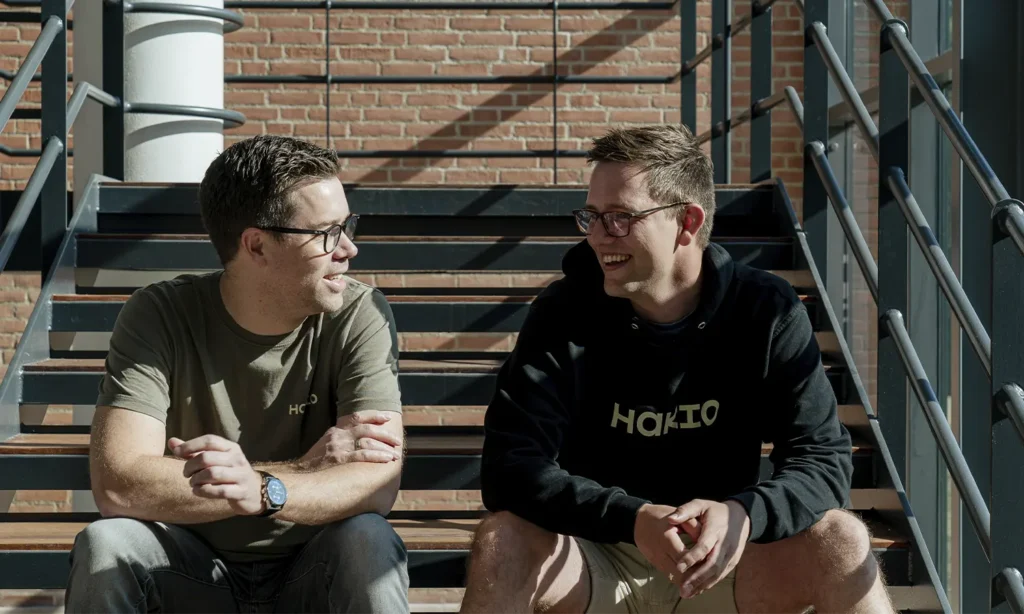
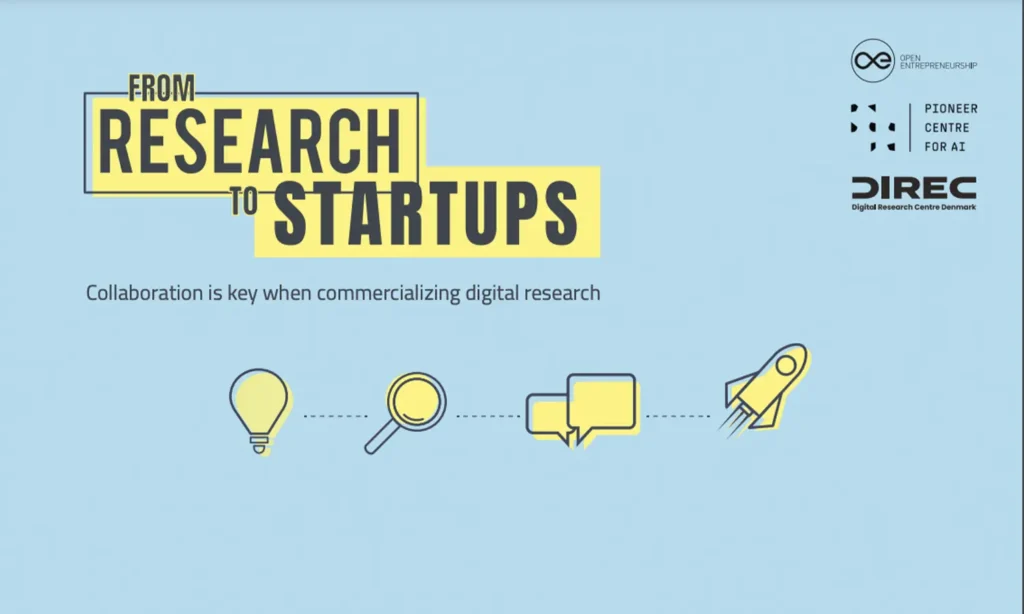

 Kære læser, du er meget velkommen til at dele vores artikler på sociale medier, linke eller referere til artikler eller content på TechSavvy.media. Men ønsker du helt eller delvist at kopiere indhold fra sitet må det kun ske efter aftale med vores redaktion på editorial@techsavvy.media.
Kære læser, du er meget velkommen til at dele vores artikler på sociale medier, linke eller referere til artikler eller content på TechSavvy.media. Men ønsker du helt eller delvist at kopiere indhold fra sitet må det kun ske efter aftale med vores redaktion på editorial@techsavvy.media.
 Kære læser, du er meget velkommen til at dele vores artikler på sociale medier, linke eller referere til artikler eller content på TechSavvy.media. Men ønsker du helt eller delvist at kopiere indhold fra sitet må det kun ske efter aftale med vores redaktion på editorial@techsavvy.media.
Kære læser, du er meget velkommen til at dele vores artikler på sociale medier, linke eller referere til artikler eller content på TechSavvy.media. Men ønsker du helt eller delvist at kopiere indhold fra sitet må det kun ske efter aftale med vores redaktion på editorial@techsavvy.media.